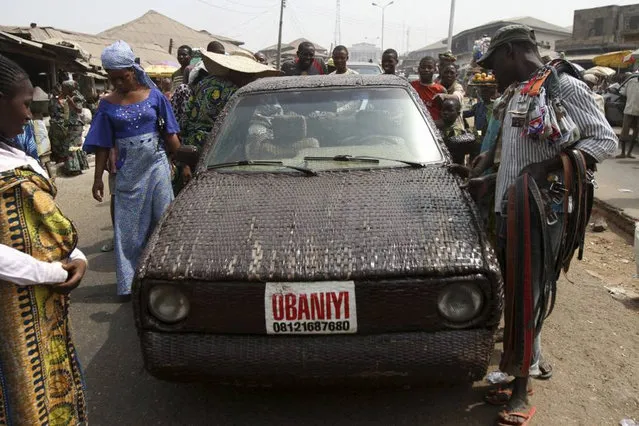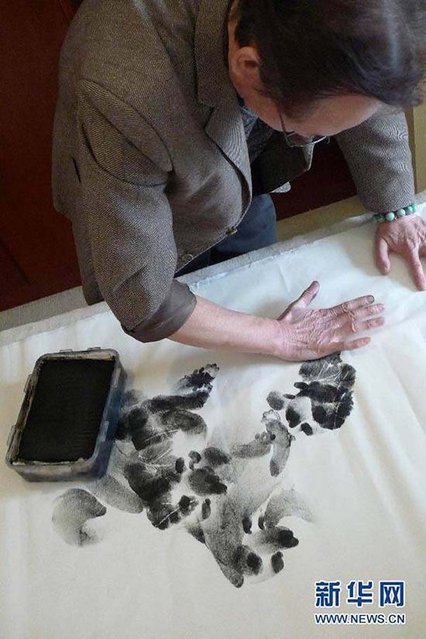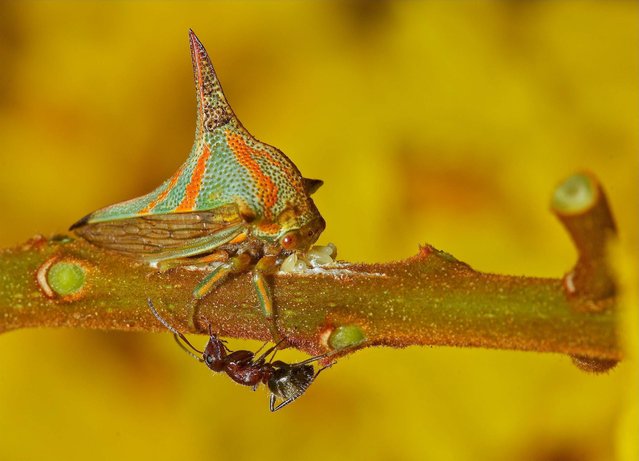14 Jan 2013 13:52:00,post received
0 comments
Details
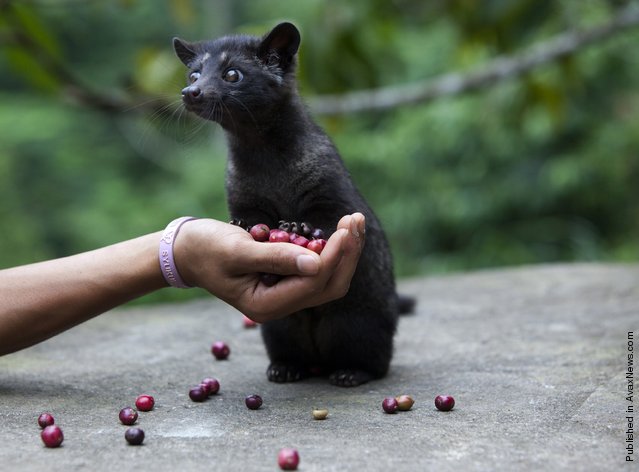
“Kopi luwak (Malay pronunciation), or civet coffee, is one of the world's most expensive and low-production coffee. It is made from the beans of coffee berries which have been eaten by the Asian Palm Civet (Paradoxurus hermaphroditus) and other related civets, then passed through its digestive tract. ...
19 Mar 2011 18:41:00,post received
0 comments
Details
18 Aug 2014 09:32:00,post received
0 comments
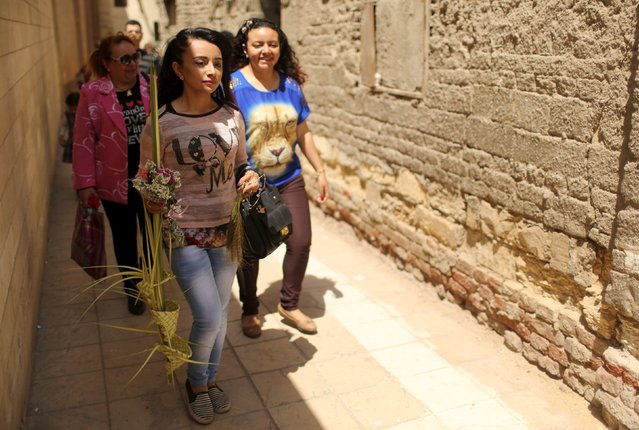
An Egyptian Coptic Christian girl carries palm decoration during Palm Sunday inside a church in Old Cairo, Egypt, April 5, 2015. For Christians worldwide, Palm Sunday marks Jesus Christ's entrance into Jerusalem, when his followers laid palm branches in his path, prior to his crucifixion. Western Christian churches and most Orthodox Christian churches follow different calendars and observe Easter on different dates. (Photo by Asmaa Waguih/Reuters)
06 Apr 2015 09:20:00,post received
0 comments
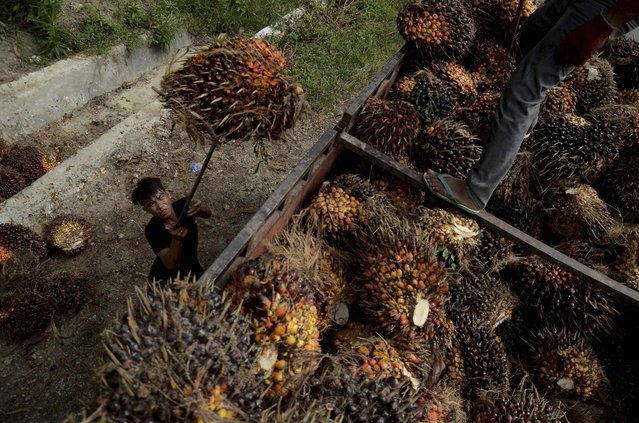
A worker loads palm fruit at a palm oil plantation in North Mamuju regency, West Sulawesi province, Indonesia March 10, 2016 in this photo taken by Antara Foto. (Photo by Sahrul Manda Tikupadang/Reuters/Antara Foto)
13 Mar 2016 09:22:00,post received
0 comments
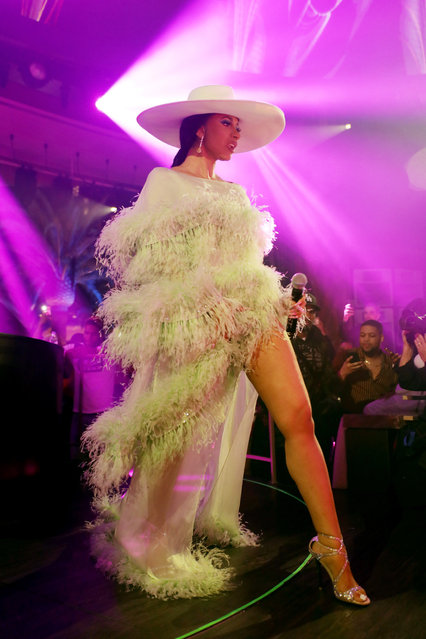
Cardi B performs at the “Night Two At Palms Casino Resort's KAOS Dayclub & Nightclub With Cardi B, G-Eazy, J Balvin For Grand Opening Weekend” event on April 6, 2019 in Las Vegas, Nevada. (Photo by Roger Kisby/Getty Images for Palms Casino Resort)
14 Apr 2019 00:01:00,post received
0 comments
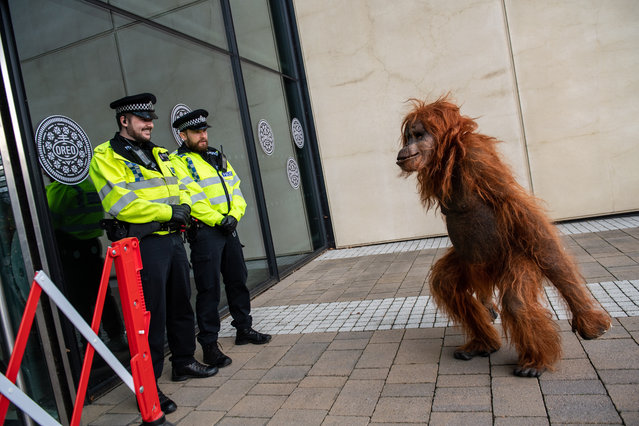
Police officers laugh as Greenpeace activists create a burnt smoldering rain-forest with a lifelike animatronic orangutan at the headquarters of Oreo cookies, in protest over their use of palm oil on November 19, 2018 in Uxbridge, England. Greenpeace is calling on the makers of Oreo to stop buying palm oil from Wilmar, the largest palm oil producer, who they say have destroyed 70,000 hectares of Indonesian rain forest in the last two years. (Photo by Chris J. Ratcliffe for Greenpeace via Getty Images)
20 Nov 2018 07:52:00,post received
0 comments

